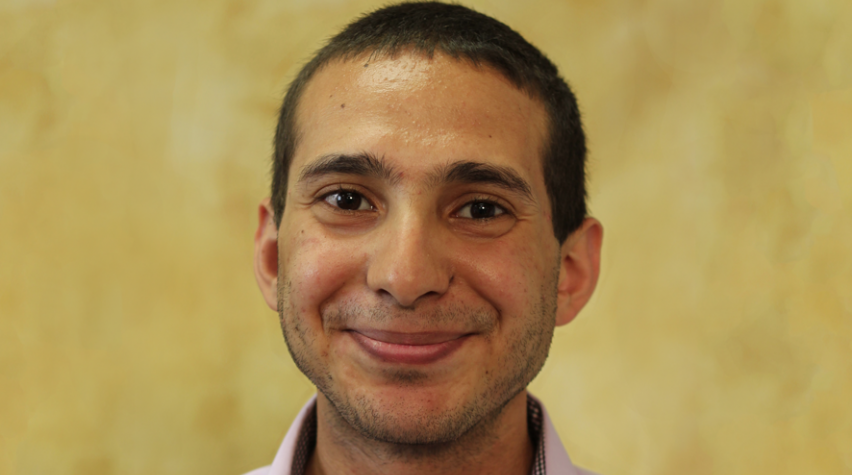
Innovative and exciting research is being performed each and every day by graduate students across the globe in all walks of chemical engineering. This post is a part of the Graduate Research Spotlight Series, which seeks to highlight some of the research being performed by AIChE's graduate student members. If you know of an AIChE member who is currently performing outstanding graduate research and has recently published a first-author paper, please let us know at ypc@aiche.org.
Where are you from?
Egypt
What university are you completing your graduate degree at?
University of Wisconsin-Madison
What field/program are you enrolled in?
Chemical engineering
What type of degree are you getting?
PhD
Where did you receive your undergraduate degree?
Cairo University - Egypt
What was your undergraduate major?
Chemical engineering
How many years have you been a member of AIChE? *
<1 year
In layman’s terms please describe your specific field and what impact it may have on society.
I use density functional theory (DFT) to elucidate chemical reaction mechanisms over a wide range of catalytic materials. DFT allows the calculation of the ground-state energies of reaction intermediates over catalytic surfaces. Hence, the possibility of discovering the stable species, as well as the easiest transformation from reactants to products. Our research thus lies at the interface between chemistry, physics, chemical engineering, and materials science and engineering.
What is the title of your recently published research article?
Describe the highlights of your recently published paper.
In memory of Haldor Topsøe, we review the progress in three topics to which his research and his team's research have contributed a fundamental understanding of the reaction mechanisms. These three topics are catalysis of ammonia synthesis, hydrotreating, and NOx reduction. We stress the importance of an intimate connection between theory and experiments to identify improved catalysts.
To learn more, see Ahmed's recently published article.
What are your plans after completing your graduate degree?
Become a professor of chemical engineering in a US university.
What motivated you to pursue your graduate work?
Passion for science and scholarly work. It also perfectly fits into my goal and passion for becoming a university professor, where I can contribute to science, as well as fulfill my passion for teaching and mentoring.
What is your favorite moment in chemical engineering history?
The invention of the Haber-Bosch process, since it sustained the growing population of our world, and is also a very interesting catalytic system from fundamental and pedagogical viewpoints.
If you weren’t a ChE what would you most want to be?
I would have studied astronomy and space sciences.
What is the most interesting place you have ever lived?
Well, I used to live near the pyramids of Giza and see them everyday from my balcony!
Do you have any advice for current or future graduate students reading ChEnected?
Try to get your self published and keep connected to your peers and those who supervised you. Try to know about opportunities earlier, for the earlier you know, the better equipped you will be to take advantage of these opportunities.
You can reach Ahmed through his LinkedIn profile.


